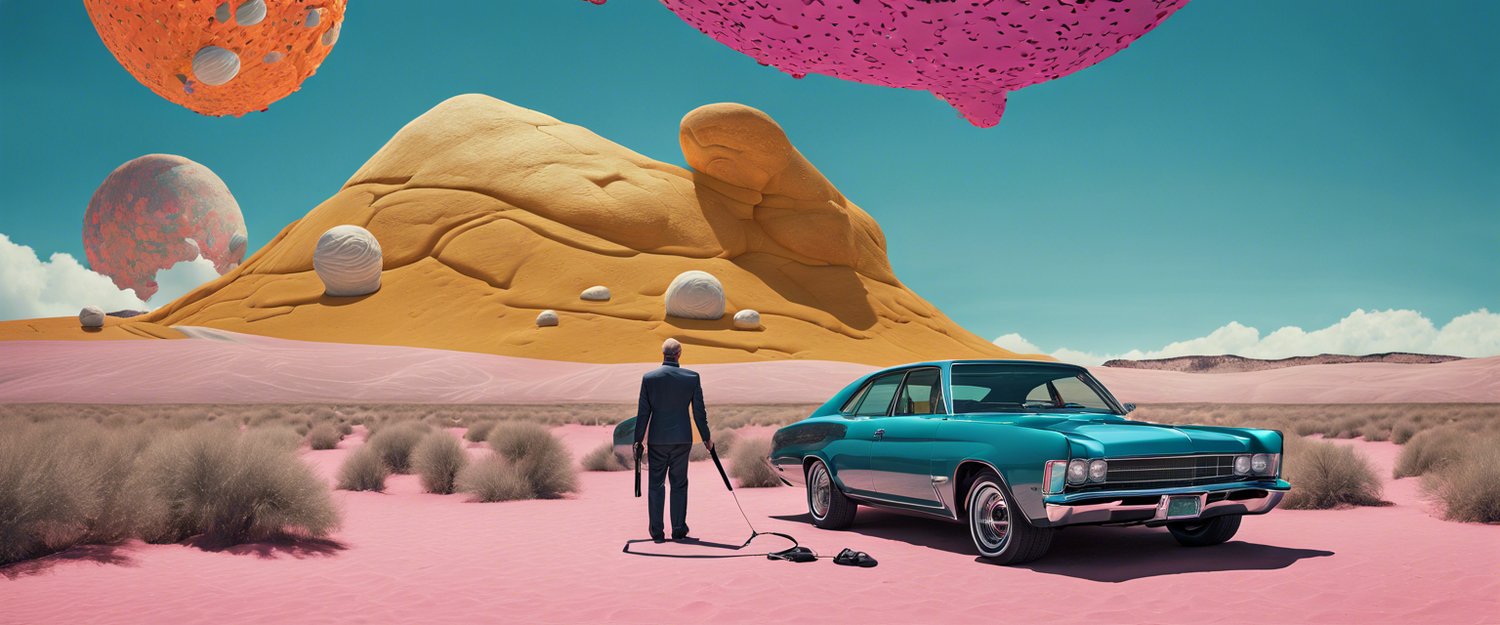Introduction
Recent allegations have surfaced from Canadian news media companies against OpenAI, claiming that the technology firm has been improperly scraping substantial amounts of content from their platforms. This has raised critical questions about copyright infringement and the ethical use of proprietary media by artificial intelligence (AI) companies.
The Nature of the Allegations
According to a report by Odaily, the Canadian media houses argue that OpenAI's practices violate copyright laws and breach their terms of online usage. They assert that the AI company has utilized their content to enhance its products without proper authorization, infringing on their intellectual property rights.
Impact on Content Creators
The allegations from Canadian media underscore a growing global concern regarding how AI technologies leverage proprietary content. Content creators are increasingly worried that their work may be exploited without adequate compensation or credit.
The Balance Between Innovation and Intellectual Property
This situation highlights an ongoing debate about finding the right balance between fostering innovation in AI and protecting the rights of content creators. As AI technologies continue to advance at a rapid pace, the line between fair use and infringement appears to blur.
Call for Regulations
The complaint from Canadian media emphasizes the urgent need for clear guidelines and regulations governing the use of media content by AI developers. Establishing a legal framework could help protect intellectual property while allowing room for technological progress.
Global Discussions on Content Rights
This case reflects broader international dialogues about safeguarding creators' rights in the digital age. Similar concerns are echoed worldwide, as countries grapple with how to protect their media landscapes from potential exploitation by technology firms.
Conclusion
The allegations against OpenAI serve as a critical reminder of the challenges facing both AI companies and content creators in today's rapidly evolving technological landscape. As discussions continue, finding a resolution that respects the copyrights of media companies while allowing for innovation will be essential for the future of the industry.



Laat een reactie achter
Alle reacties worden gemodereerd voordat ze worden gepubliceerd.
Deze site wordt beschermd door hCaptcha en het privacybeleid en de servicevoorwaarden van hCaptcha zijn van toepassing.